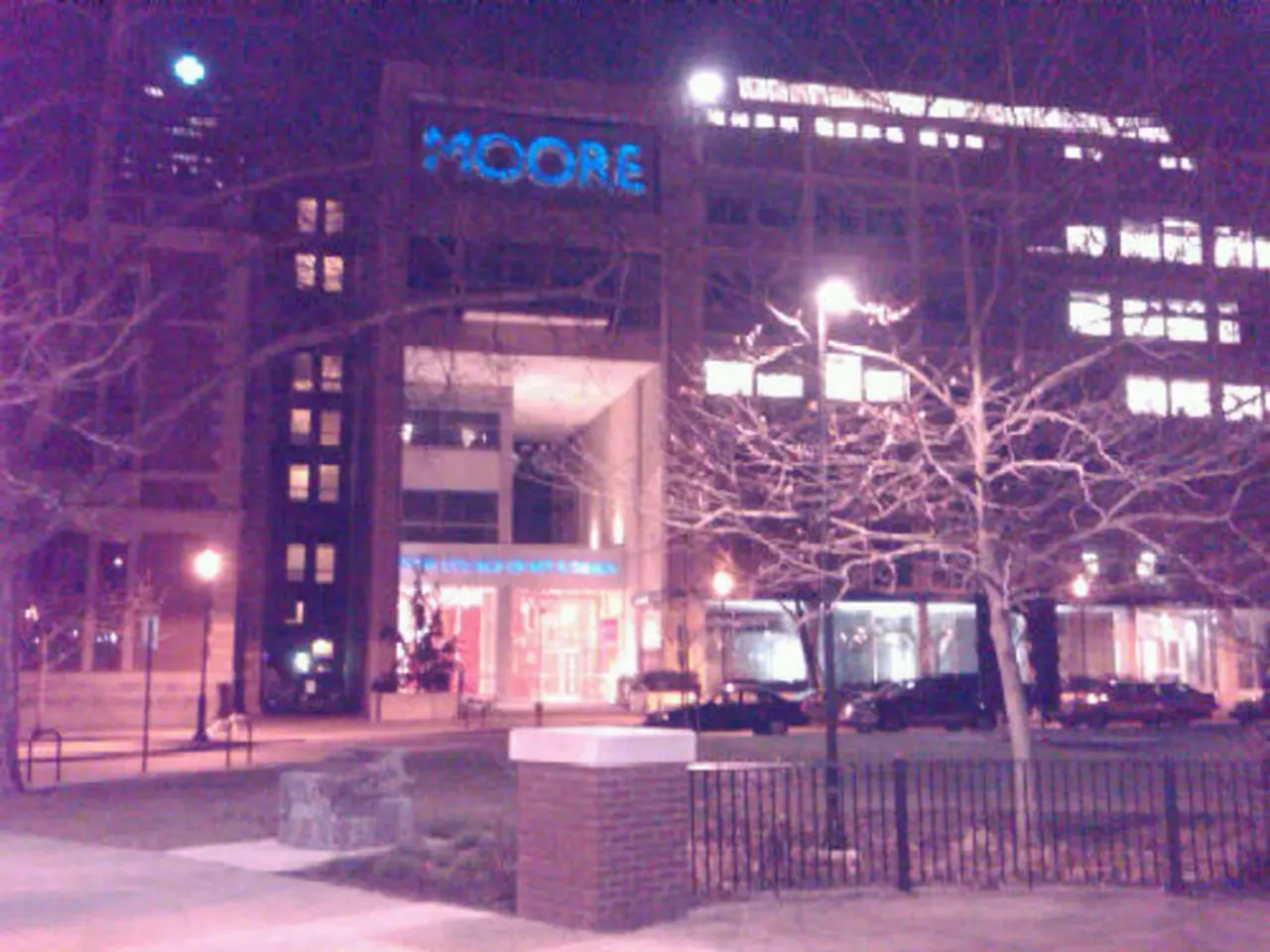Struggle at KEM Hospital in Mumbai: Insufficient Hemophilia Drugs Lead to Expensive Private Treatments
Mumbai's KEM Hospital, a major healthcare facility serving nearly 980 haemophilia patients, is facing a critical shortage of essential medications due to a policy change by the National Health Mission (NHM). The NHM stopped financing tertiary hospitals, including KEM, from September 2024, redirecting haemophilia drug supplies exclusively to district hospitals.
The cessation of central government funding has created a supply gap, leading to the unavailability of vital drugs like Factor VII and extended half-life Factor VIII at KEM. This shortage has forced patients to seek expensive private care or travel to other states for treatment, resulting in about 30 haemophilia patient deaths across Maharashtra since September 2024.
Recently, the Maharashtra government procured 6,130 vials of Anti-Hemophilic Factor (AHF) worth ₹44.9 crore, primarily intended for distribution to district hospitals. However, these vials have not yet reached KEM or its patients, exacerbating the crisis at the hospital.
Appeals by haemophilia advocates to the Brihanmumbai Municipal Corporation (BMC) for supplies have gone unanswered, and hospital administrators have been unresponsive to media inquiries. The BMC is suggested by the state health department to bear the responsibility for funding the acquisition of AHF at KEM Hospital.
The unavailability of Factor VIII at KEM is a significant issue for the 980 haemophilia patients seeking treatment there. A young woman was recently forced to give birth at a private hospital (Nanavati Hospital) because KEM was missing Factor VII essential for managing postpartum bleeding.
The dean of KEM Hospital has reached out to Thane District Hospital about the AHF supply, but the reply conveyed a lack of resources due to restricted supply and an increasing patient count at district hospitals. The shortage of Factor VIII at KEM is causing financial hardship for patients, as they are forced to buy expensive clotting factors.
The situation at KEM Hospital is primarily due to a policy change restricting direct NHM funding to tertiary hospitals and bureaucratic inertia. Despite ongoing requests to prioritise the use of more effective and efficient extended half-life factors and to replenish vital medications at KEM, the crisis persists. The hospital's sole option for acquiring AHF is through NGO donations.
- The news of KEM Hospital's critical medication shortage for 980 haemophilia patients is gaining traction in health and industry circles.
- The lack of essential drugs like Factor VII and extended half-life Factor VIII in KEM Hospital is causing anxiety in healthcare and workplace-wellness discussions.
- Science and medical-conditions forums are abuzz with discussions on the impact of chronic diseases like chronic-kidney-disease and type-2-diabetes exacerbated by the shortage.
- In light of the crisis, cancer and respiratory-conditions patients at KEM are also facing challenges due to the diverted resources.
- Digital health platforms are advocating for solutions to address the digestaive-health and eye-health concerns arising from this scenario.
- Hearing about the shortage, mental-health professionals are stressing the need to address the psychological impact on patients dealing with skin-care issues and autoimmune-disorders.
- Fitness-and-exercise groups are urging for more focus on promoting overall health-and-wellness measures to combat chronic diseases.
- Therapies-and-treatments organizations are brainstorming strategies to assist patients with nutrition and migraine management during this crisis.
- Cardiovascular-health experts are expressing concerns over the cardiovascular implications for patients denied access to essential medications.
- Psoriasis support groups are offering resources for alternative treatments in the face of the KEM Hospital shortage.
- Financial institutions are listening to appeals for investments in the acquisition of Anti-Hemophilic Factor (AHF) for KEM's patients.
- Venture-capital firms are considering collaborations with pharma companies to develop cost-effective AHF solutions.
- Personal-finance advisors are guiding patients on how to navigate their private-equity portfolios to afford expensive clotting factors.
- Recipes and cooking websites are dedicated to sharing cost-efficient meals to help patients manage their budgets during this health crisis.
- Banking-and-insurance companies are offering support in the form of flexible payment plans and health insurance waivers for impacted patients.
- Fintech platforms are exploring ways to use digital payments and crowdfunding for direct donations to KEM Hospital.
- Real-estate investors are donating properties to establish temporary healthcare facilities with AHF supplies in underprivileged areas.
- Stock-market analysts are predicting potential investments in pharmaceutical companies addressing rare diseases and chronic-kidney-disease treatments.
- Private-equity firms are interested in opportunities for acquiring businesses that focus on developing extended half-life factors to combat medication scarcity.
- Data-and-cloud-computing specialists are leveraging technology to streamline communication between hospitals, NGOs, and government entities.
- Gardening enthusiasts are fostering sustainable-living initiatives to cultivate herbs used in traditional medicines for healthcare support.
- Technology companies are looking into artificial-intelligence applications to predict and plan for future medicine shortages.
- Interior-designers are collaborating with hospitals to create comfortable and conducive environments for patients dealing with chronic diseases.
- Fashion-and-beauty influencers are raising awareness and funds for skin-conditions awareness and treatment access.
- Food-and-drink businesses are participating in charity events to contribute meals and resources to patients in need.
- Investing in wealthy-management firms that prioritize health-and-wellness ventures is gaining popularity among concerned citizens.
- The home-and-garden industry is offering discounts on smart home devices to help patients manage their health and well-being at home.
- Baking enthusiasts are sharing recipes for nutritious and affordable treats to encourage positive lifestyle choices in the context of the KEM Hospital crisis.




